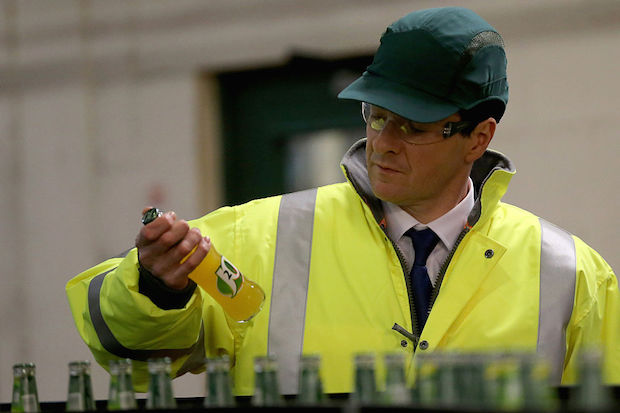The Chancellor has chosen to invest £500m in technical education, but we shouldn’t kid ourselves that the new ‘T-levels’ will help get the UK match fit for Brexit, or prepare the UK for the 4th industrial revolution.
For a start, the funding may only kick in after we have left the EU, as it starts at the end of the two-year period triggered by Article 50. Therefore, it won’t help us prepare in advance for the unpredictable impact of more restrictive migration policies and changed trading relationships.
Moreover, while £500m by 2022 is a significant investment, the UK will still only be spending the same amount on vocational education as it did 25 years ago. This is despite the major challenges we now face – Brexit, and the potential impact of automation on the workforce, which could force changes to as many as 1 in 3 jobs in the UK.
Finally, two thirds of the workforce in 2030 have already left full-time education, so as Britain forges its new role in the world, a more immediate challenge is needed to prepare those already in work for the changes to come.
Our international competitors are racing ahead: Germany plans to guarantee workers a right to lifelong learning and introduce personal work accounts allowing people to invest in skills enhancements throughout their lives. The ‘compte personnel de formation’ (CPF) allows workers in France to do the same thing – providing workers with an entitlement of 150 hours of free tuition with paid leave, and meeting half of salary costs while learners away from work.
The Chancellor has correctly listened to the argument that investing in vocational training is critical for economic growth, as other countries have long realised. However, while the new ‘T-levels’ will help put vocational education on a par with academic routes, the government must now move forward with transforming the prospects of the working age population.
Here the responsibility lies in large part with employers. IPPR recently showed that UK employers invest an average of £6bn per year less than their European competitors in training for employees, and employer investment in training in the UK generally has fallen by £5.1bn since 2010/11.
The government could introduce a skills levy to generate £5bn extra investment, building on the apprenticeship levy that will be in place from April onwards. This should help fund support for businesses to link employees’ skills to their growth plans, reversing the UK’s problems of over-qualification and low productivity business models.
Without these types of changes, the UK will be left unprepared not just for Brexit, but for the longer term trends that will determine our success in forging a new role in the world.
Clare McNeil is Associate Director for Work and Families at IPPR.






Comments